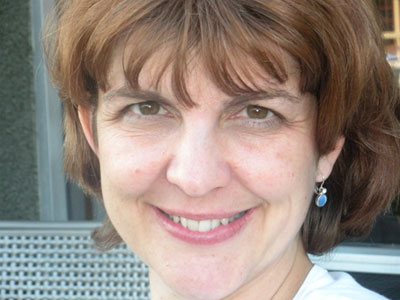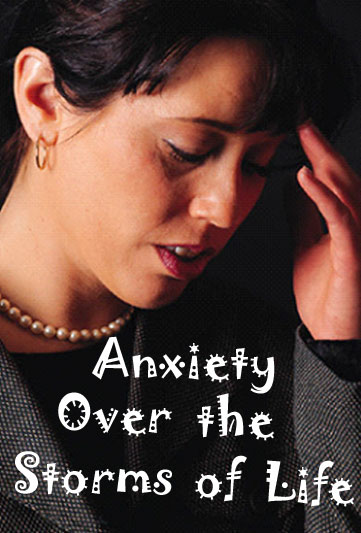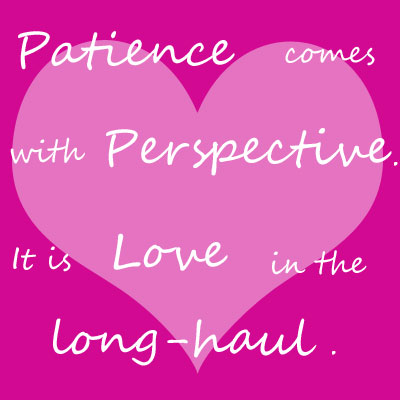No matter what you’ve done in the past, God wants you to worship Him wholeheartedly today and enjoy life to the full. It’s possible!
When I stand on a sandy beach looking out over the watery expanse of the ocean, hearing the thunder of the waves, I am awed. Every time, I think, “What a magnificent creation! What a marvelous Creator who holds these waters in the palm of His hand!”
Instinctively, I begin to sing “How Great Thou Art.” No one hears me as the wind rushes my words to the Lord alone.
One otherwise beautiful spring day, however, it was not thoughts of God’s grandeur that filled my mind as I surveyed the mighty waters stretching to the horizon. My own sin had my attention this time.
I thought of one particular sin that I knew had grieved my Creator. And there I sat with Bible in hand and the ocean before me, trying to come back into His presence.
That week I had been memorizing Micah 7:18-20. Verse 19 came back like a song: “You will again have compassion on us; you will tread our sins underfoot and hurl all our iniquities into the depths of the sea” (NIV).
As I confessed my sin to the Lord, in faith I believed that it had sunk to the deepest depths. I then remembered what Corrie ten Boom used to say, that after God hurls our sins into the ocean, He puts up a sign that reads, “No fishing.”
A sin I could have allowed to haunt me was gone altogether. What freedom, what peace, what joy!
My faith in God’s total forgiveness was tested only a few weeks later. I was traveling with some friends to a weekend conference. When we neared the seaside town where I’d been the previous month, I panicked. I realized, This is where I had left my sin!
But the fear passed quickly as I realized my sin was nowhere to be found—it was gone for good. Not buried at sea with the grim possibility of being someday washed ashore, but totally forgotten by God through the blood of Jesus Christ.
Since that experience, I often think of the promise of Micah 7:19 and thank God for the joy of being cleansed completely, being made pure and new.
 About Renée Sanford About Renée SanfordRenée has been married to her high school sweetheart, David, for 30 years. They are the parents of three grown and married children and two teens and blessed with six grandkids. Renée has a passion for encouraging mothers at every stage—in an article, at a conference, or over a cup of coffee or tea. Renée is the co-author (with David) of How to Read Your Bible and the notes for the Living Faith Bible. |
Welcome to Be Inspired By Others Thursday Blog Hop.
Now let’s link up in community.
If you don’t have a blog, I invite you to visit some great posts from bloggers around the web. As always, I’m thankful for those of you who linked up here last week. I loved reading all of your posts. Thank you for taking the time to say hello.
Come inspire us by linking up your wonderful posts here so we all can be inspired. All family-friendly posts such as, marriage, motherhood, crafts, recipes, homeschooling, organization, and more are welcome. If you decide to join the fun by linking up with us, I request that you add Home Educator Mom’s button to your posts or site so others can join us as well. You can find the html code in the sidebar, or “save as” copy, and paste the button below on your blog.
If you have a Giveaway, check out my big list of Sites to List Your Giveaways. I personally use this list myself so the links should work.
Hop on over here to see my list of Blog Hops / Link-up Parties to add your link and join others.







 Hi, I'm Betty and welcome to Home Educator Mom. Whether you are a homeschooling family or not, we’re all called to be our kids’ first teachers. Our desire here is to encourage moms as we walk this path of training and equipping our children. We hope you will stay a while and join us on this journey: learning and sharing life together. Meet our
Hi, I'm Betty and welcome to Home Educator Mom. Whether you are a homeschooling family or not, we’re all called to be our kids’ first teachers. Our desire here is to encourage moms as we walk this path of training and equipping our children. We hope you will stay a while and join us on this journey: learning and sharing life together. Meet our 









